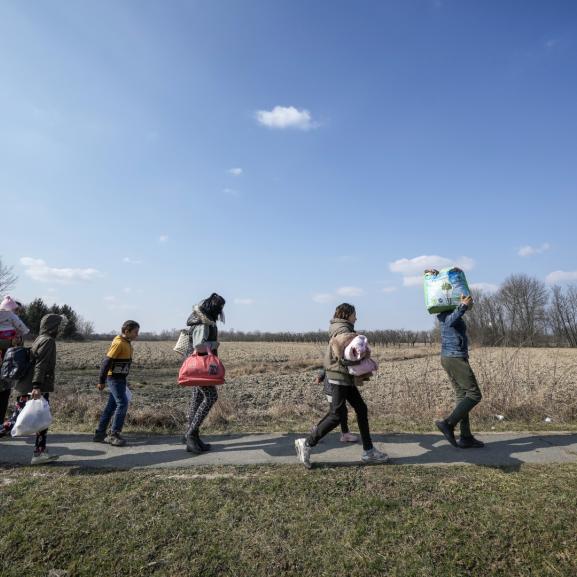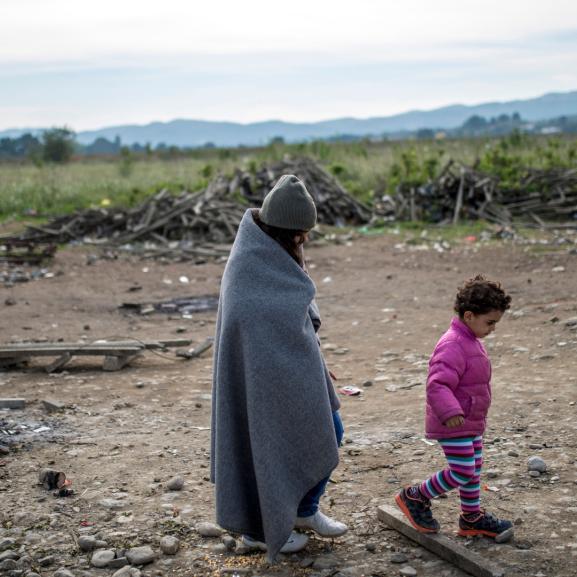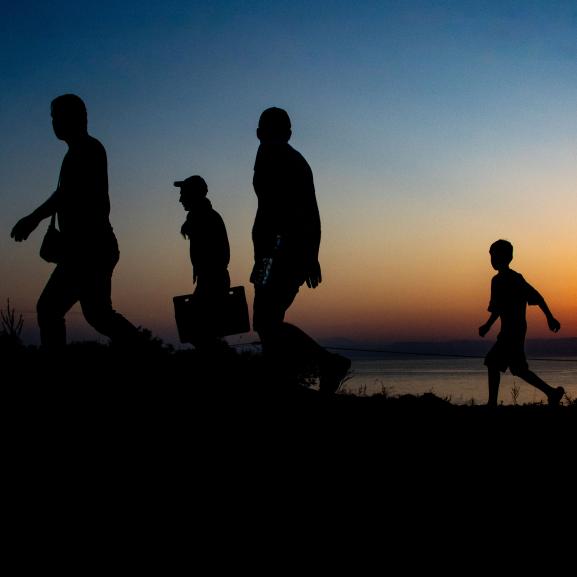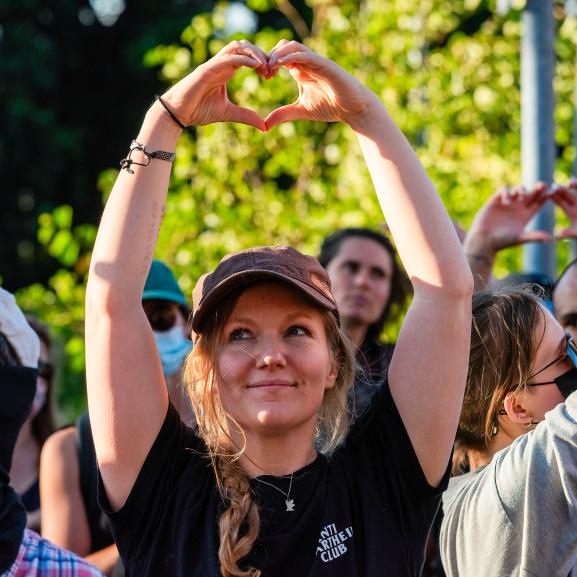Activist’s murder increases fears of gay and lesbian survivors facing return to Uganda
Being gay in Uganda is literally a matter of life and death which has seen some flee and seek asylum in the UK, yet Anna finds herself having to prove her sexuality despite the persecution she has already experienced in Uganda and would be at risk from if returned.
“If you do not fit their view of a stereotypical gay person then they don’t get it – how do I prove I’m a lesbian? What do they want me to do – act butch?”
Gay rights activist David Kato, was murdered in Kampala on 26 January, just weeks after winning an injunction against Uganda’s Rolling Stone newspaper that had printed the names and addresses of 100 people who they believed were gay, alongside the headline ‘Hang them’.
Kato’s death increases the fears of a number of gay and lesbian asylum seekers in the UK facing return to Uganda if their claims are not upheld. Medical Foundation clients who were previously forced to flee Uganda following torture and persecution for their sexuality are among this group.
Homosexuality is illegal in Uganda. A bill proposing the death penalty for “serial homosexuals” and people with HIV, and life imprisonment for adults who have gay sex, was introduced to Ugandan parliament in 2009 by MP David Bahati. The politician recently commented in the case of a lesbian woman who is due to be forcibly removed Uganda, saying that he would drop a clause making homosexuality punishable by death, but telling the Guardian newspaper "Brenda is welcome in Uganda if she will abandon or repent her behaviour. Here in Uganda, homosexuality is not a human right. It is behaviour that is learned and it can be unlearned."
When asked by the Guardian what would happen if Brenda did not "repent", he said: "If she is caught in illegal practices she will be punished”. Meanwhile, activists in Uganda remain skeptical that the bill will be amended. Brenda, currently in Yarl’s Wood Immigration Removal Centre, faces imminent removal to Uganda following the refusal of her asylum claim in the UK.
The UK Border Agency has been criticised for an “unfair and degrading” decision-making process for LGBT people at risk of further persecution for their sexuality. Refugee Action has found that people are asked to prove their sexuality in ways that are stereotypical and offensive and - as a result - many are wrongly assessed and forced to go back home.
Despite the recent positive development of a July 2010 ruling from the Supreme Court which ruled that it was unreasonable to expect a person to act ‘discreetly’ in order to avoid persecution in another country, people continue to be faced with the pressure to ‘prove’ their sexuality. The Medical Foundation joins with Refugee Action in calling for better training and guidance for Home Office workers now to improve the decision-making.







